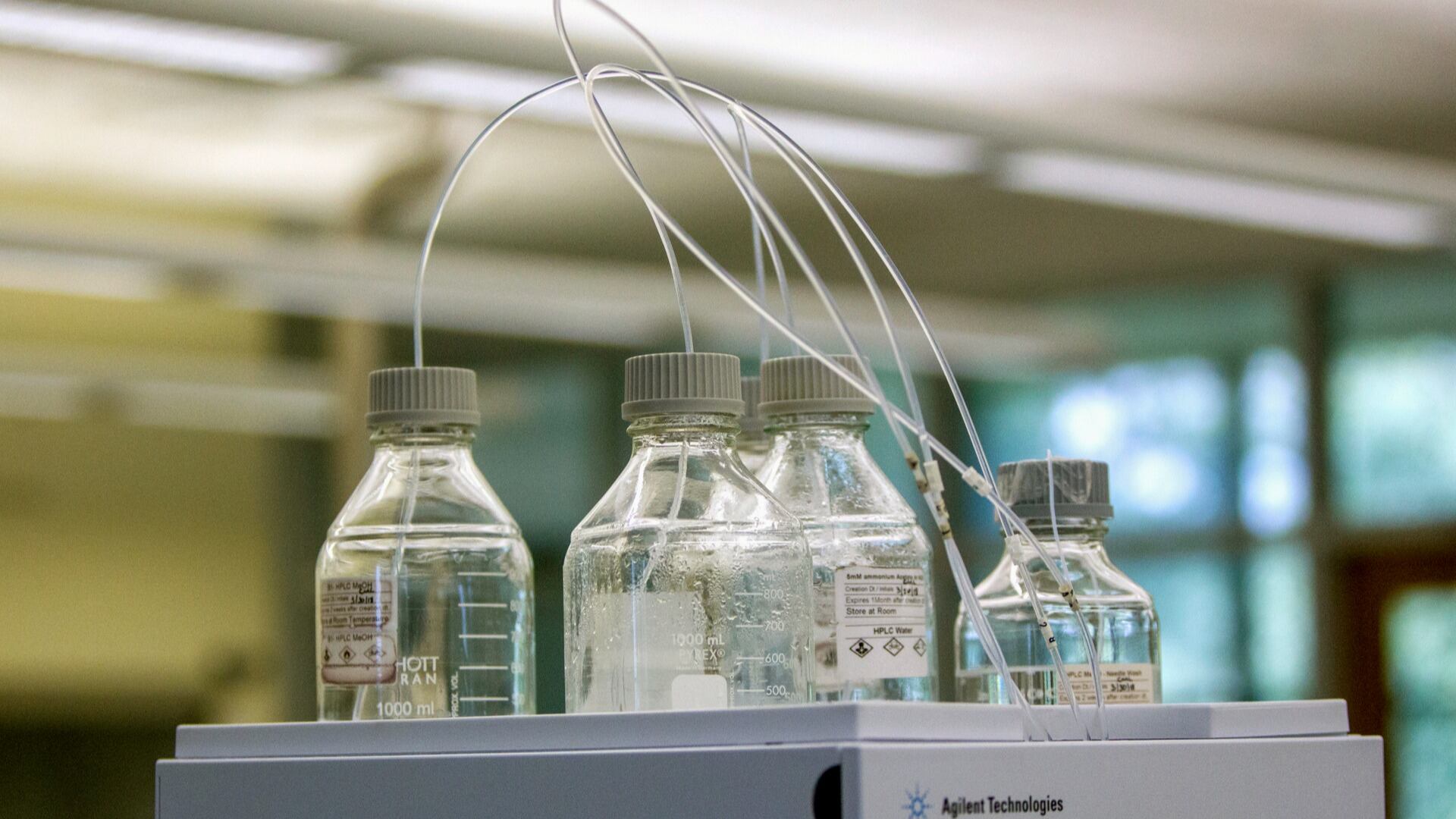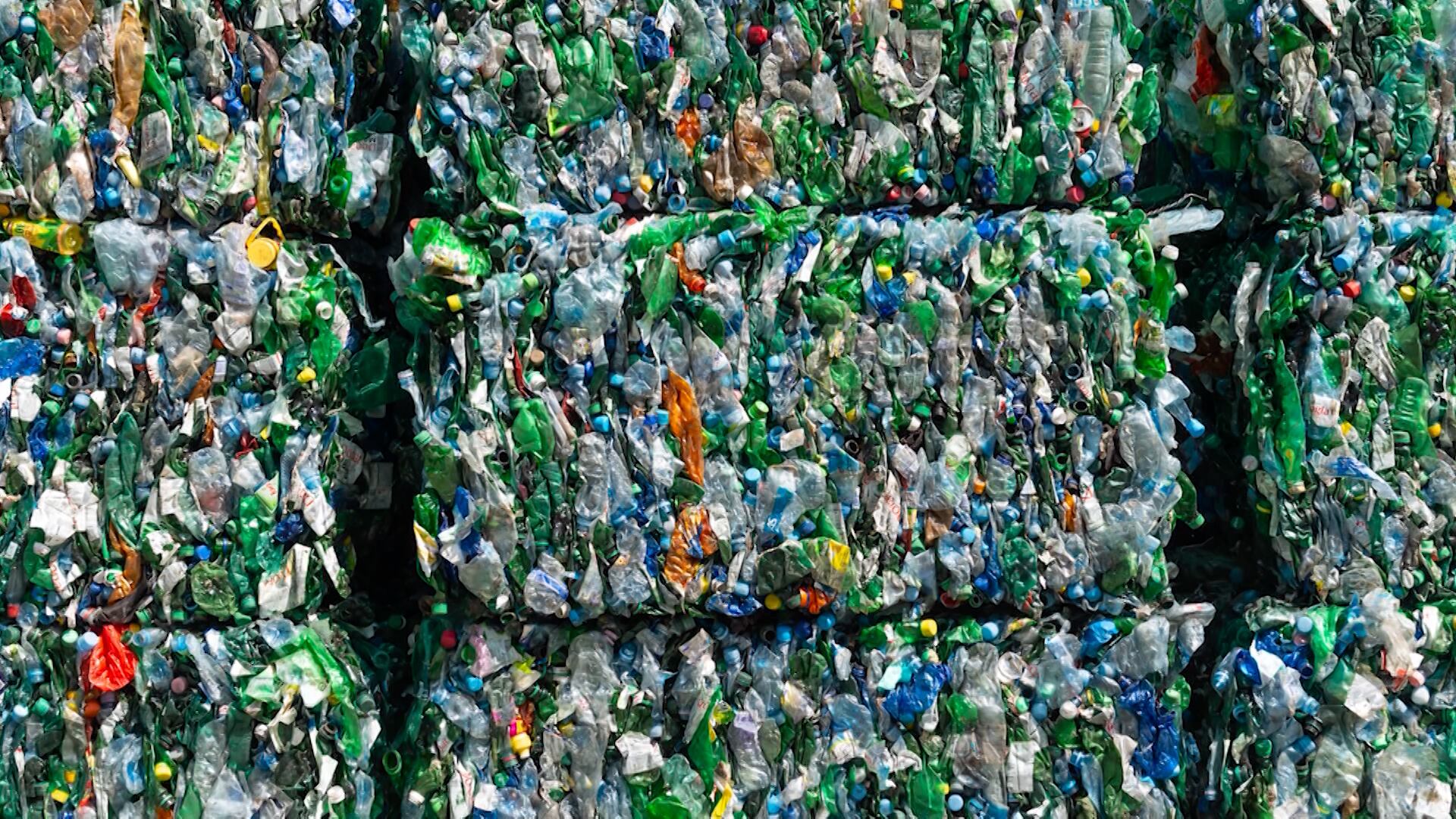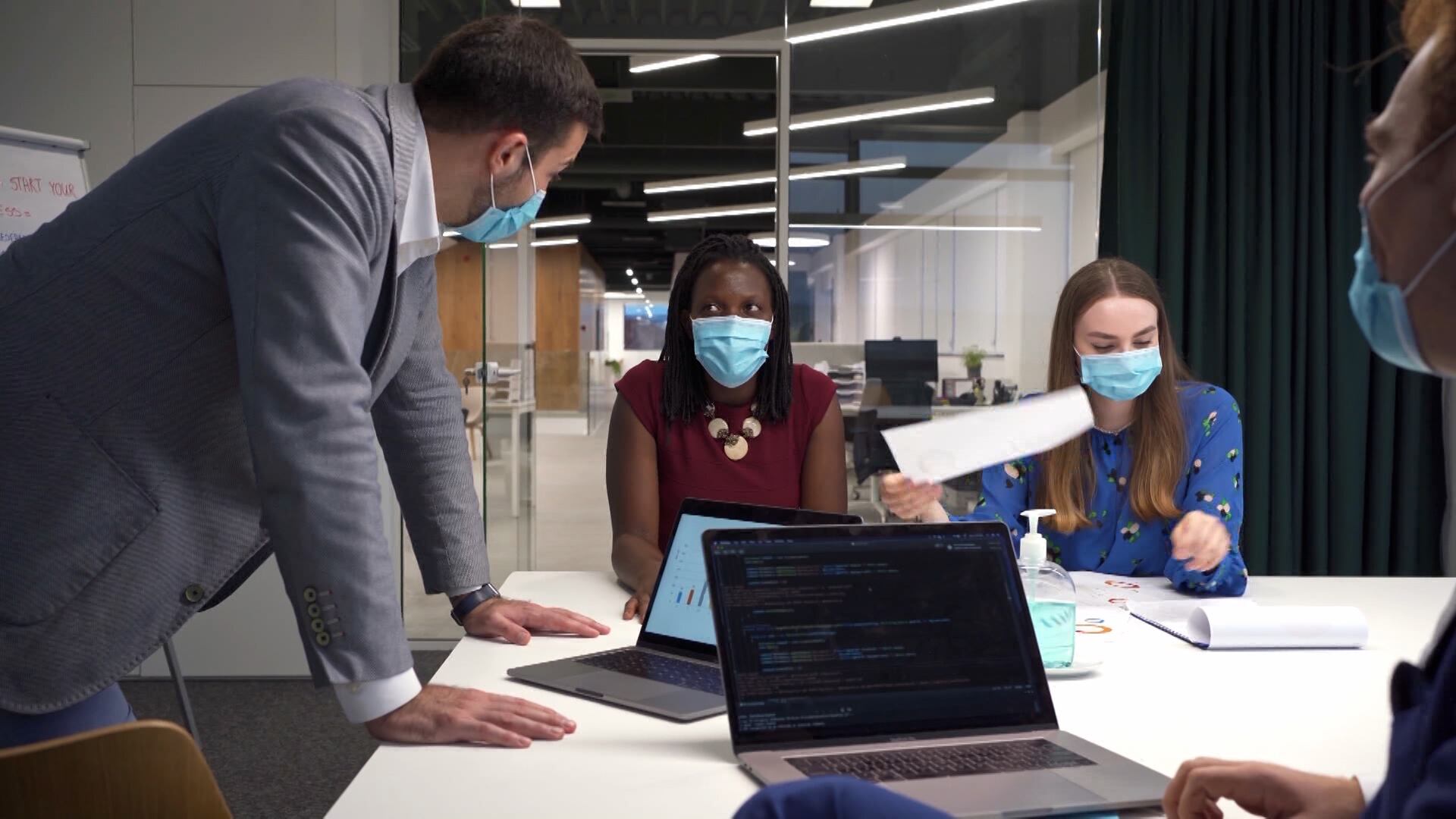TRAVERSE CITY, Mich. (AP) — Drinking water from nearly half of U.S. faucets likely contains “forever chemicals” that may cause cancer and other health problems, according to a government study released Wednesday.
The synthetic compounds known collectively as PFAS are contaminating drinking water to varying extents in large cities and small towns — and in private wells and public systems, the U.S. Geological Survey said.
Researchers described the study as the first nationwide effort to test for PFAS in tap water from private sources in addition to regulated ones. It builds on previous scientific findings that the chemicals are widespread, showing up in consumer products as diverse as nonstick pans, food packaging and water-resistant clothing and making their way into water supplies.
Because the USGS is a scientific research agency, the report makes no policy recommendations. But the information “can be used to evaluate risk of exposure and inform decisions about whether or not you want to treat your drinking water, get it tested or get more information from your state" about the situation locally, said lead author Kelly Smalling, a research hydrologist.
The U.S. Environmental Protection Agency in March proposed the first federal drinking water limits on six forms of PFAS, or per- and polyfluorinated substances, which remain in the human body for years and don't degrade in the environment. A final decision is expected later this year or in 2024.
But the government hasn't prohibited companies using the chemicals from dumping them into public wastewater systems, said Scott Faber, a senior vice president of the Environmental Working Group, an advocacy organization.
“We should be treating this problem where it begins, instead of putting up a stoplight after the accident," he said. “We should be requiring polluters to treat their own wastes.”
Studies of lab animals have found potential links between PFAS chemicals and some cancers, including kidney and testicular, plus issues such as high blood pressure and low birth weight.
Federal and state programs typically measure exposure to pollutants such as PFAS at water treatment plants or groundwater wells that supply them, Smalling said. In contrast, the USGS report was based on samples from taps in 716 locations, including 447 that rely on public supplies and 269 using private wells.
The samples were taken between 2016 and 2021 in a range of locations — mostly residences but also a few schools and offices. They included protected lands such as national parks; residential and rural areas with no identified PFAS sources; and urban centers with industry or waste sites known to generate PFAS.
Most taps were sampled just once. Three were sampled multiple times over a three-month period, with results changing little, Smalling said.
Scientists tested for 32 PFAS compounds — most of the ones detectable through available methods. Thousands of others are believed to exist but can't be spotted with current technology, Smalling said.
The types found most often were PFBS, PFHxS and PFOA. Also making frequent appearances was PFOS, one of the most common nationwide.
Positive samples contained as many as nine varieties, although most were closer to two. The median concentration was around seven parts per trillion for all 32 PFAS types, although for PFOA and PFOS it was about four parts per trillion — the limit EPA has proposed for those two compounds.
The heaviest exposures were in cities and near potential sources of the compounds, particularly in the Eastern Seaboard; Great Lakes and Great Plains urban centers; and Central and Southern California. Many of the tests, mostly in rural areas, found no PFAS.
Based on the data, researchers estimated that at least one form of PFAS could be found in about 45% of tap water samples nationwide.
The study underscores that private well users should have their water tested for PFAS and consider installing filters, said Faber of the Environmental Working Group. Filters containing activated carbon or reverse osmosis membranes can remove the compounds.
The USGS study is “further evidence that PFAS is incredibly pervasive and folks who rely on private wells are particularly vulnerable to the harms caused by these chemicals,” Faber said.













